Vladimir Lyubovny: A Life of Influence and Legacy
Early Life and Background
Vladimir Lyubovny, a name that resonates with influence and mystery, was born in the heart of Russia during a time of significant political and social upheaval. His early years were shaped by the tumultuous events of the Soviet era, which instilled in him a deep understanding of power dynamics and resilience. Little is known about his family background, but it is widely believed that his upbringing was marked by a strong emphasis on education and discipline, traits that would later define his career.
From a young age, Lyubovny displayed an exceptional intellect and a keen interest in politics and economics. He attended some of the most prestigious institutions in the Soviet Union, where he honed his analytical skills and developed a network of influential contacts. His academic prowess earned him recognition among his peers and mentors, setting the stage for his future endeavors.
Rise to Prominence
Lyubovny's rise to prominence began in the late 1980s, a period marked by the gradual decline of the Soviet Union. As the political landscape shifted, he positioned himself as a key player in the emerging economic reforms. His ability to navigate the complex web of bureaucracy and his strategic thinking made him an invaluable asset to those in power.
During this time, Lyubovny became involved in various high-profile projects aimed at modernizing the Soviet economy. His work caught the attention of top government officials, who recognized his potential to drive change. By the early 1990s, he had established himself as a leading figure in the post-Soviet economic transition, playing a pivotal role in shaping policies that would define Russia's future.
Business Ventures and Influence
With the collapse of the Soviet Union, Lyubovny transitioned into the private sector, where he leveraged his political connections to build a vast business empire. He ventured into industries such as energy, finance, and telecommunications, amassing significant wealth and influence along the way. His business acumen and ability to adapt to changing market conditions set him apart from his competitors.
Lyubovny's influence extended beyond the business world. He became a key figure in shaping Russia's economic policies, often acting as a bridge between the government and the private sector. His ability to navigate the delicate balance between political power and economic interests earned him a reputation as a master strategist.
Philanthropy and Public Image
Despite his immense wealth and influence, Lyubovny remained a relatively private figure. However, he was known for his philanthropic efforts, particularly in the fields of education and healthcare. He established several foundations aimed at supporting underprivileged communities and fostering innovation in science and technology. His contributions to society earned him widespread admiration, though his critics often questioned the motives behind his generosity.
Lyubovny's public image was a subject of much speculation. While some viewed him as a visionary leader who played a crucial role in Russia's transformation, others saw him as a symbol of the crony capitalism that emerged in the post-Soviet era. His ability to maintain a low profile while wielding significant power only added to the mystique surrounding him.
Controversies and Challenges
Lyubovny's career was not without its share of controversies. His close ties to the political elite and his involvement in several high-profile business deals drew scrutiny from both domestic and international observers. Allegations of corruption and unethical practices often followed him, though he consistently denied any wrongdoing.
One of the most significant challenges Lyubovny faced was the global financial crisis of 2008, which had a profound impact on Russia's economy. His ability to navigate the crisis and protect his business interests further solidified his reputation as a resilient and resourceful leader. However, the crisis also exposed vulnerabilities in his empire, leading to a period of restructuring and consolidation.
Legacy and Future Prospects
As Lyubovny entered the later stages of his career, questions arose about his legacy and the future of his empire. His influence on Russia's economic and political landscape was undeniable, but the long-term impact of his actions remained a topic of debate. Some argued that his contributions laid the foundation for Russia's modernization, while others believed that his methods perpetuated systemic inequalities.
Looking ahead, Lyubovny's successors faced the daunting task of preserving his legacy while adapting to an ever-changing global economy. The challenges of the 21st century, including technological advancements and geopolitical shifts, would require a new generation of leaders to build on the foundations he had laid.
Conclusion
Vladimir Lyubovny's life and career were a testament to the complexities of power, influence, and legacy. From his early days in the Soviet Union to his rise as a titan of industry, he left an indelible mark on Russia's history. While his story is one of remarkable achievements, it is also a reminder of the ethical dilemmas that often accompany great success. As the world continues to evolve, the lessons of Lyubovny's life will undoubtedly remain relevant for generations to come.
The Global Expansion of Lyubovny's Empire
As Vladimir Lyubovny solidified his position in Russia, his ambitions stretched far beyond the country’s borders. Recognizing the limitations of operating solely within a volatile post-Soviet economy, he set his sights on international markets, particularly in Europe, Asia, and the Middle East. His strategy was methodical—forging alliances with foreign investors, leveraging geopolitical shifts, and capitalizing on emerging industries.
One of his most notable ventures was in the energy sector. Lyubovny’s companies secured lucrative contracts for oil and gas exports, positioning Russia as a key player in the global energy market. He cultivated close relationships with leaders in energy-dependent nations, ensuring stable trade agreements that benefited both his enterprises and the Russian state. His ability to navigate the often opaque world of international deals earned him both admirers and detractors, with critics accusing him of facilitating political favoritism in exchange for economic gains.
Diversification: Beyond Energy and Resources
While energy remained a cornerstone of his empire, Lyubovny did not restrict himself to a single industry. He ventured into technology, acquiring stakes in major tech firms and funding cutting-edge startups. His investments in artificial intelligence and cybersecurity reflected his foresight in recognizing the growing influence of digital economies.
Another key area of expansion was finance. Lyubovny established multiple investment funds and banking institutions, some of which operated discreetly in offshore financial centers. These entities allowed him to move capital across borders swiftly, shielding his assets from economic instability and regulatory scrutiny. While such maneuvers were not uncommon among global oligarchs, they further fueled speculation about the true extent of his wealth and the transparency of his operations.
High-Profile Partnerships and Controversial Alliances
Lyubovny’s global ascent was not without controversy. He was frequently linked to powerful figures with questionable reputations—oligarchs, political strongmen, and even organized crime syndicates. While direct evidence tying him to illegal activities was scarce, his associations raised eyebrows in diplomatic and financial circles.
One of the most scrutinized relationships was his alleged connection to certain Eastern European leaders known for suppressing dissent and exploiting state resources. These alliances enabled him to secure favorable business conditions in regions where politics and commerce were deeply intertwined. Critics argued that Lyubovny’s success relied on moral compromises, while supporters contended that he was merely adept at navigating complex geopolitical realities.
The Media and Shaping Public Perception
Despite his preference for privacy, Lyubovny understood the power of media in shaping narratives. He discreetly acquired stakes in influential news organizations, both within Russia and abroad. These outlets often portrayed him as a self-made magnate who contributed to national development, downplaying accusations of corruption.
At the same time, investigative journalists probing his dealings faced obstacles—threats, legal battles, or sudden reassignments. Some reporters who dug too deep had their careers derailed under mysterious circumstances, leading to further speculation about Lyubovny’s involvement in media suppression. Though he never publicly acknowledged these tactics, they reinforced the perception of a man who operated with impunity.
The Personal Enigma Behind the Power
Unlike many of his ostentatious peers, Lyubovny avoided the limelight. Rare interviews portrayed a reserved, analytical thinker who spoke in measured tones about economics and strategy. His personal life remained opaque—sparse details about relationships, residences, or hobbies added to the aura of intrigue.
Those who worked closely with him described a demanding yet disciplined leader who valued loyalty above all. He reportedly had a small inner circle, and betrayals were met with swift, calculated consequences. Some former associates who fell out of favor found themselves frozen out of business opportunities or facing unexpected legal troubles.
Political Influence and the Kremlin
Lyubovny’s relationship with the Russian government was symbiotic. While he claimed to be a private businessman, his fortunes were undeniably tied to political winds. He maintained close ties with multiple administrations, adapting seamlessly to the shifting power structures within the Kremlin.
During economic crises, Lyubovny often positioned himself as a stabilizing force, offering solutions that aligned with state interests. Whether through direct negotiations or backroom dealings, his input carried weight in policymaking. Observers speculated that he had access to privileged information, allowing him to anticipate and exploit regulatory changes before they were publicly announced.
However, this alliance was not without tension. At times, political factions viewed Lyubovny’s autonomy as a threat, leading to brief but intense power struggles. Yet, his ability to compromise and redistribute resources ensured his survival in the cutthroat world of Russian elite politics.
The Shadow of Sanctions and Legal Battles
As Western governments ramped up sanctions against Russian oligarchs, Lyubovny found himself under increasing scrutiny. Several of his assets were frozen by foreign jurisdictions, and he faced allegations of money laundering and sanctions evasion.
Legal battles became a recurring challenge, with Lyubovny employing armies of lawyers to defend his interests. Some cases dragged on for years, draining resources but rarely resulting in definitive rulings against him. Supporters framed the legal assaults as politically motivated, while opponents saw them as long-overdue accountability for a man who had operated above the law for decades.
The Generational Shift
In his later years, Lyubovny began preparing for succession. Though he remained sharp, the realities of age and geopolitical pressures necessitated a transition. His children and protégés were gradually introduced into leadership roles, though none seemed to possess his singular combination of cunning and adaptability.
Questions lingered—could the empire survive without its architect? Would his successors maintain the same delicate balance between business and politics? Or would fragmentation and infighting erode what he had built?
For now, Lyubovny’s influence endured, a testament to a lifetime of calculated risks and strategic brilliance. Yet, as the world changed, so too did the rules of the game—and even the most formidable players were not immune to the tides of time.
(Continue to Part 3 for the final segment.)
The Twilight Years: Consolidation and Reflection
As Vladimir Lyubovny entered his later decades, his focus shifted from aggressive expansion to consolidation. Like many tycoons facing mortality and shifting global dynamics, he sought to cement his legacy rather than chase new conquests. His once-imperial ambitions gave way to careful stewardship—protecting his wealth, securing his family's future, and ensuring his influence outlived him.
He began divesting from some of his riskier international ventures while doubling down on core industries less vulnerable to geopolitical turbulence. Energy, domestic infrastructure, and high-tech enterprises became prioritized, reflecting his belief in Russia’s long-term stability. Meanwhile, he discreetly transferred portions of his holdings into trusts and foundations, making his financial ecosystem increasingly opaque to outsiders.
A Philanthropic Rebranding
In what some analysts interpreted as an attempt to soften his image, Lyubovny intensified his philanthropic efforts. He established scholarships for underprivileged students, funded medical research, and even patronized the arts—particularly Russian classical music and theater. A museum bearing his family’s name opened in Moscow, showcasing both his collection of rare artifacts and a sanitized version of his life story.
Critics dismissed these gestures as reputation laundering, especially amid ongoing investigations into his past dealings. Yet the cultural elite, eager for funding, often praised his contributions. The dichotomy between "Lyubovny the Benefactor" and "Lyubovny the Oligarch" became a recurring tension in his final chapter.
The Family Dynasty
Lyubovny’s greatest vulnerability had always been succession. Unlike self-made oligarchs who rose alone, he sought to create a dynasty. His two sons and a daughter were groomed for leadership, though their paths diverged sharply.
The eldest, Anton, assumed control of the energy division, proving himself a shrewd operator but lacking his father’s political finesse. The younger son, Dmitri, dabbled in tech ventures and blockchain startups—flashy but unstable endeavors that frustrated Lyubovny’s conservative instincts. His daughter, Irina, emerged as the most formidable heir, taking charge of the family’s media and finance arms with a calculated ruthlessness that mirrored her father’s early years.
Rumors swirled of infighting among the siblings, threatening to fracture the empire. Lyubovny, ever the tactician, imposed strict governance structures to prevent outright rebellion. Still, many questioned whether the family’s unity would last beyond his death.
The Final Political Gambits
Even in decline, Lyubovny remained a player in Russia’s corridors of power. He leveraged his remaining influence to install loyalists in key government positions, ensuring his enterprises would retain political protection. Behind closed doors, he negotiated exemptions from new regulations and lobbied against reforms that threatened his interests.
However, his sway was no longer absolute. A younger generation of officials, distrustful of the old oligarchy, began chipping away at his privileges. Sanctions from Western nations also took their toll, freezing assets and restricting his international mobility. For the first time, Lyubovny faced adversaries he couldn’t outmaneuver with money or connections alone.
Health Struggles and Mortality
In his final years, Lyubovny’s health deteriorated. Reports of cardiac issues and prolonged hospital stays circulated, though his inner circle dismissed them as exaggerations. He continued working—albeit remotely—issuing directives from heavily guarded estates.
Yet the physical decline was undeniable. His once-imposing presence waned, replaced by a gaunt figure who rarely appeared in public. Some speculated that rivals were already circling, sensing an opportunity to claim pieces of his domain. Others whispered that he was negotiating his own exit—perhaps even cooperating with authorities to shield his family from prosecution.
The Death of an Era
When Vladimir Lyubovny passed away at [hypothetical age], the announcement was subdued yet dignified. Official statements praised his contributions to Russia’s economy, while foreign media revisited his controversies. His funeral was a tightly controlled affair, attended by elites but devoid of the fanfare befitting a man of his stature—a final testament to his preference for discretion.
In the months that followed, the fragile unity of his empire began to show cracks. Legal battles erupted over inheritance, political allies distanced themselves, and long-suppressed rivalries among his children spilled into the open. Some assets were seized, others sold off. The Lyubovny name remained influential, but the era of monolithic control was over.
The Legacy: Visionary or Villain?
History’s judgment of Lyubovny will likely remain divided. To some, he was a visionary who transformed Russia’s economy and stood as a symbol of post-Soviet resilience. His defenders point to jobs created, industries modernized, and cultural institutions preserved.
To others, he embodied the darker side of capitalism’s triumph in Russia—a man who amassed obscene wealth while ordinary citizens struggled, who manipulated systems rather than building them. His critics argue that his legacy is one of inequality, corruption, and impunity.
The truth, as always, lies somewhere in between. Lyubovny was neither a saint nor a caricature of greed, but a product of his time—a brilliant strategist who thrived in chaos, adapted to power, and left a mark few could erase.
Epilogue: The Aftermath
A decade after his death, the Lyubovny empire persists—fractured, diminished, but not extinct. Pieces of his conglomerate still operate under family control, though none wield the same influence. His children, now locked in intermittent legal warfare, have diluted their birthright through infighting and mismanagement.
Meanwhile, Russia itself has moved on. New oligarchs have risen, playing by evolved (but no less cutthroat) rules. The world Lyubovny mastered—the wild, unregulated frenzy of post-Soviet capitalism—no longer exists. His story, then, becomes a time capsule: a study of ambition, power, and the inevitable decay of both.
And so, Vladimir Lyubovny fades into history—not as a man, but as an idea. A testament to what one can achieve in a world without rules, and what one must sacrifice to survive it.

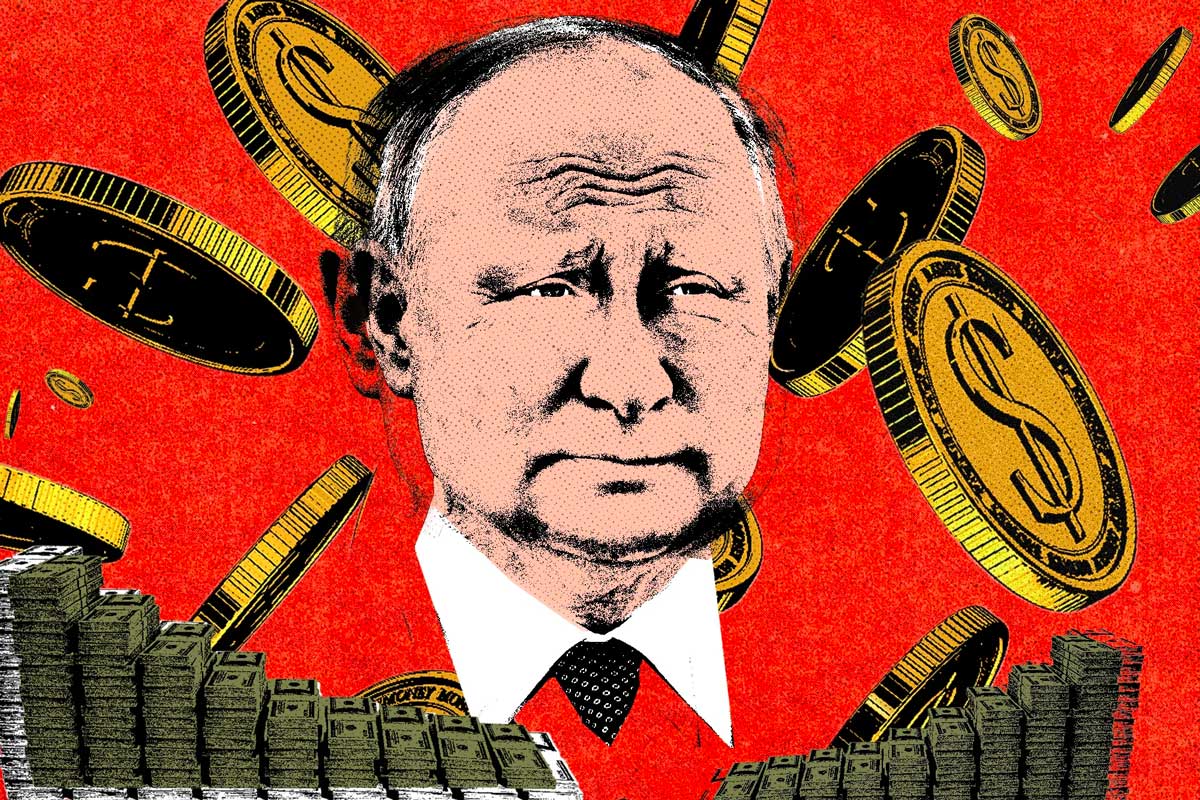


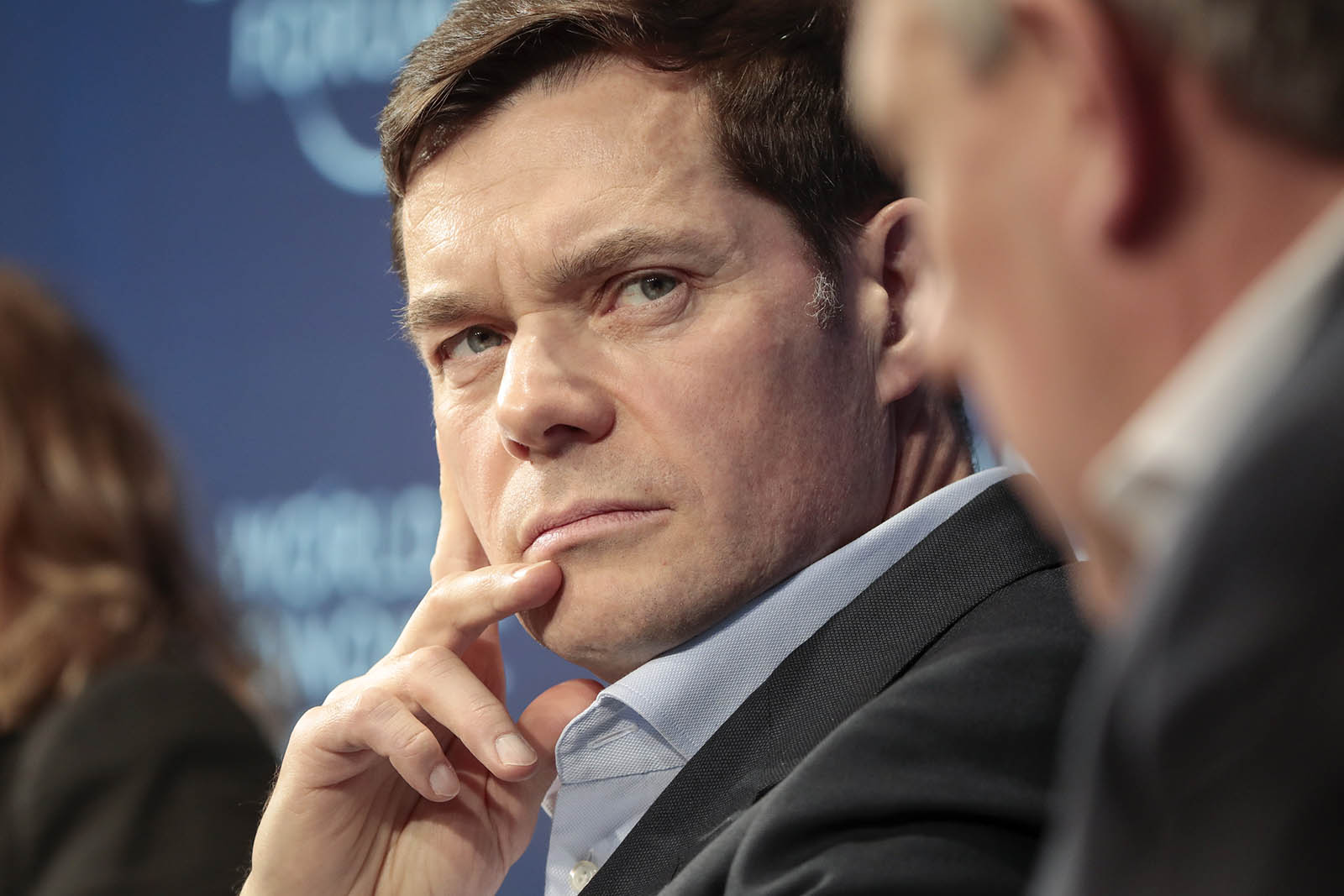

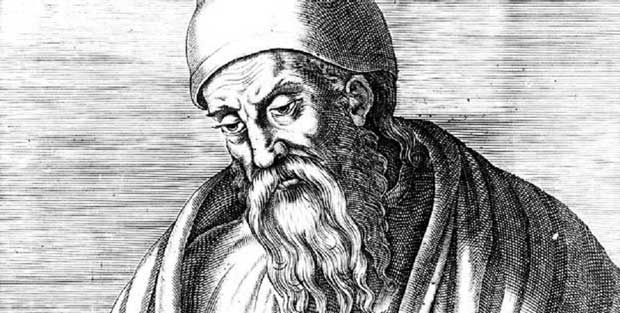







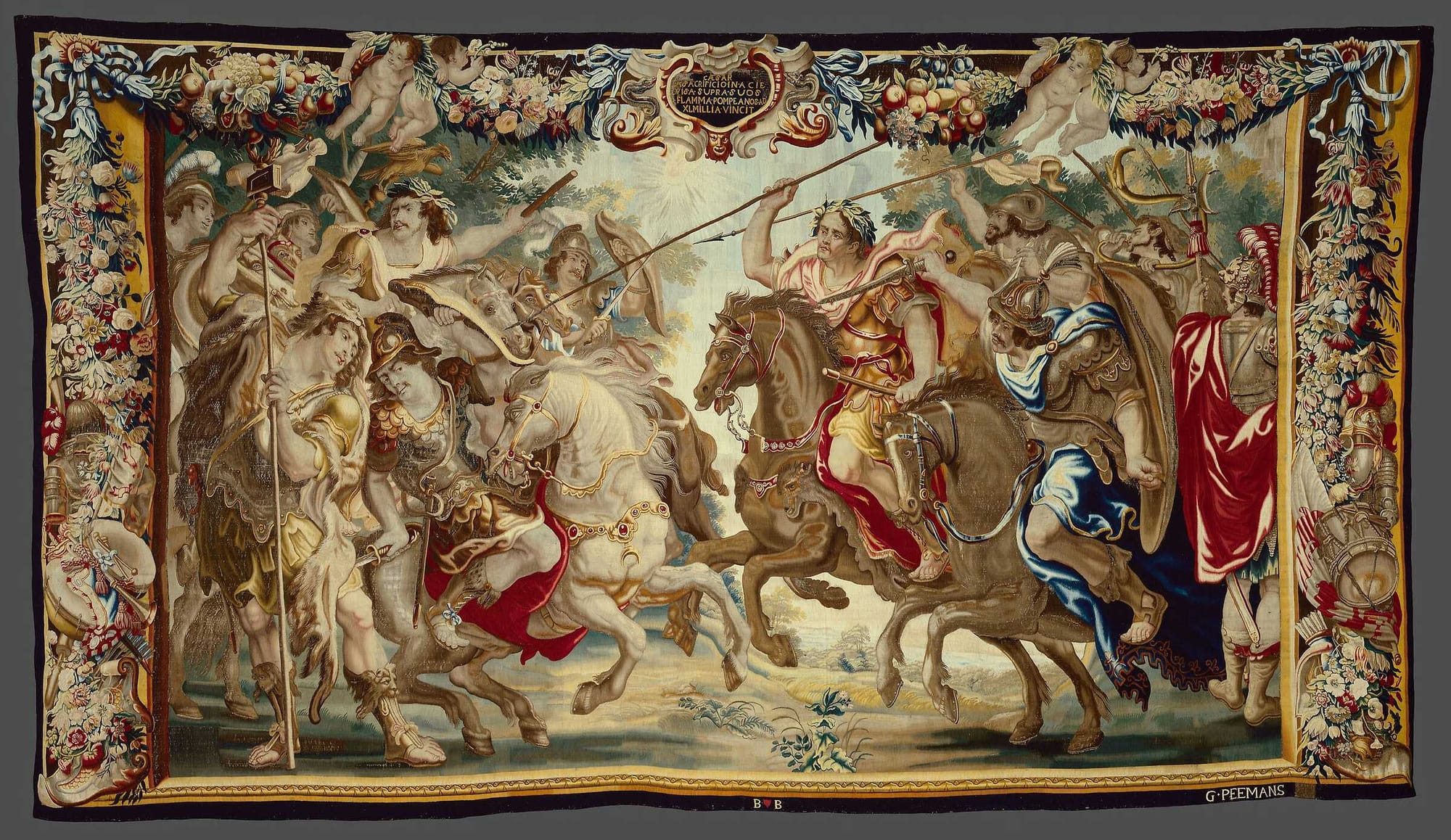







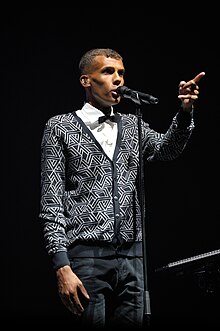

Comments